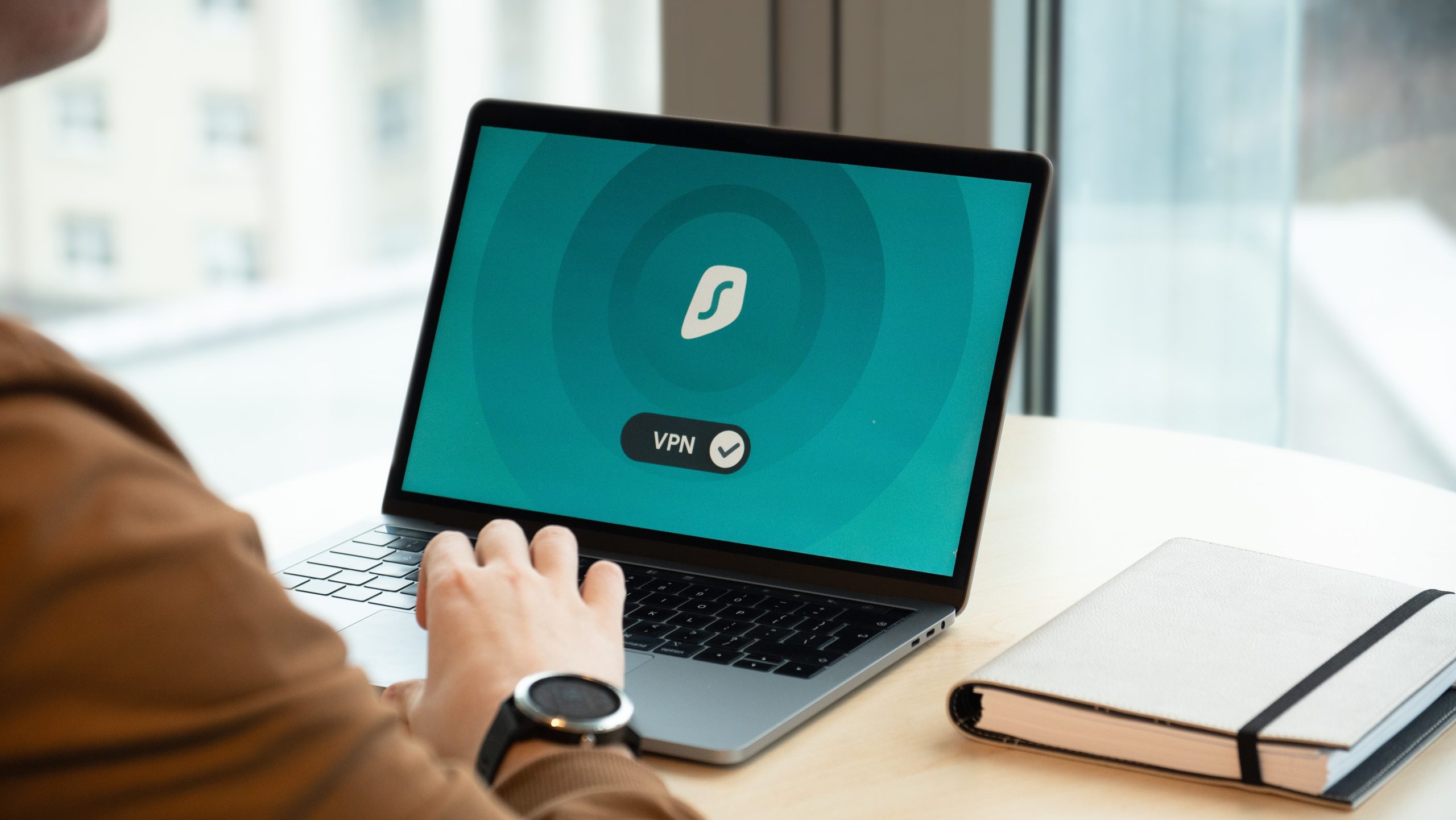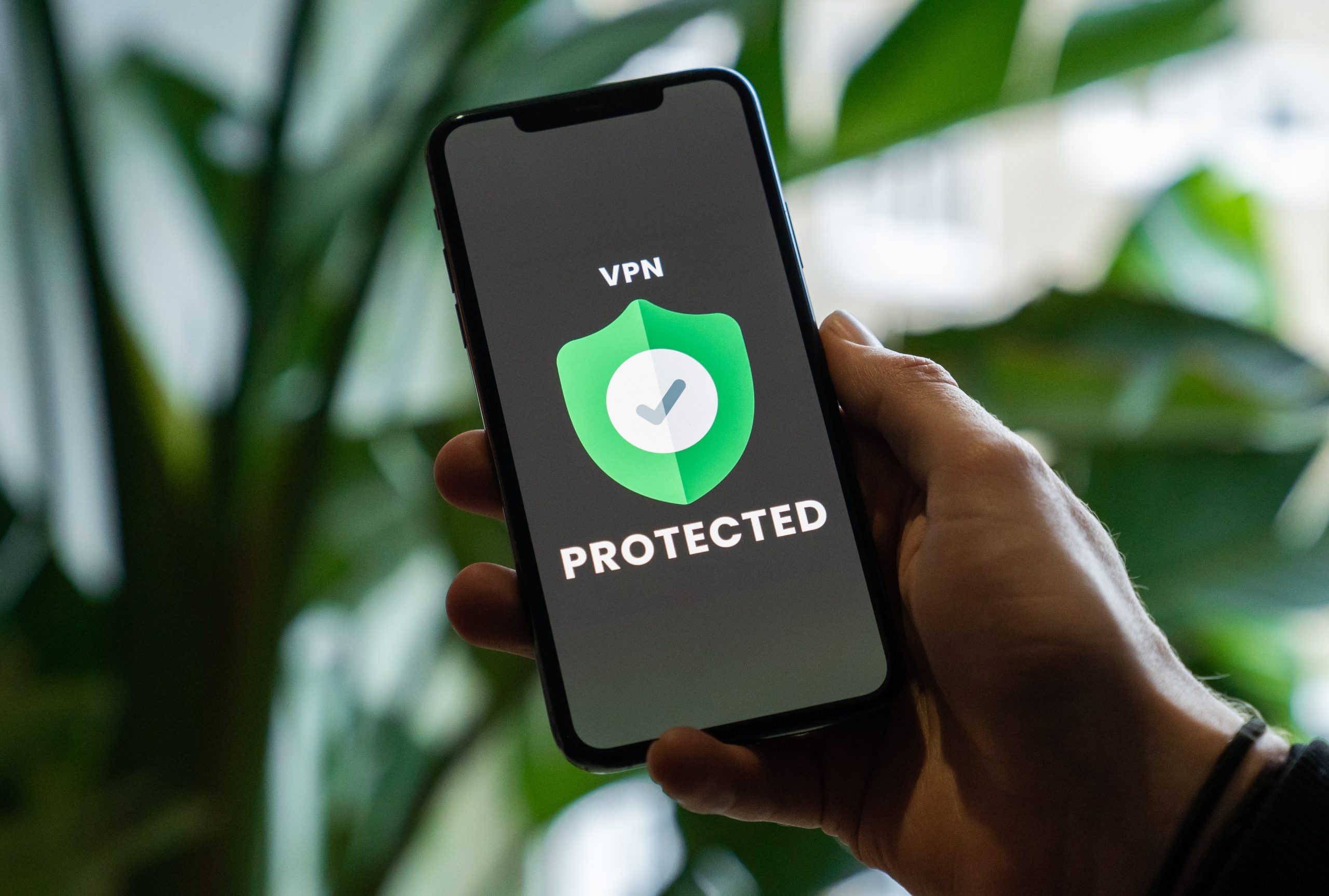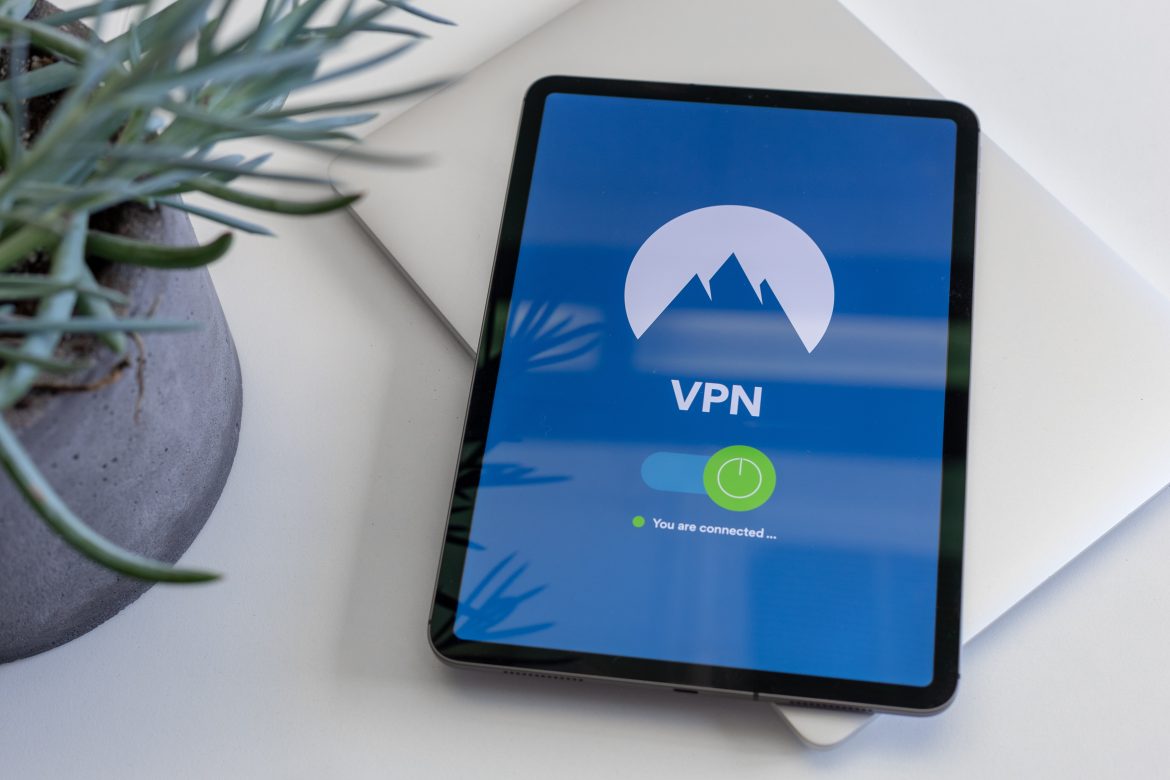The internet has revolutionized the way we communicate, work, and socialize. However, with all the benefits that come along with it, there are also significant security risks associated with sharing sensitive information online. That’s where VPNs come in – Virtual Private Networks provide a secure and encrypted connection between two or more devices over the internet.
But who invented this revolutionary technology? The answer is not as straightforward as you might think. While there are many early examples of networks resembling VPNs, tracing back to the 1960s and 70s, it was not until the late 1990s that commercial VPN services became widely available.
The importance of VPNs in today’s world
The concept of a Virtual Private Network (VPN) was first developed by Microsoft in 1996. It was originally designed as a way to connect remote workers securely to their company’s network. Since then, VPNs have become increasingly popular for personal use as well.
In today’s world, where cyber threats are rampant and privacy is at risk, VPNs have become an essential tool for online security. A VPN works by encrypting your internet connection and routing it through a secure server, hiding your IP address and location from prying eyes. This makes it much harder for hackers or other malicious actors to access your personal information.
Apart from security benefits, VPNs also provide users with the ability to access geo-restricted content that would otherwise be unavailable in their region. Moreover, using a reliable VPN service ensures that you can browse the internet without fear of being tracked or monitored by governments or internet service providers. With the increasing importance of online privacy and security in today’s digital age, investing in a trustworthy VPN is more important than ever before.

Early history: Origins of private networks
Private networks have been in existence for centuries, with early examples including secret societies and exclusive clubs. However, the origins of private computer networks can be traced back to the 1960s when companies began to realize the potential benefits of connecting their computers together. This led to the development of Local Area Networks (LANs), which allowed multiple computers within a small area to communicate with each other.
The next major development in private networking came in the form of Wide Area Networks (WANs) during the 1970s. This enabled organizations to connect their LANs over long distances, allowing employees in different locations to share information and resources more easily. However, these early WANs were expensive and complex, limiting their adoption beyond large corporations and government agencies.
It wasn’t until the mid-1990s that Virtual Private Networks (VPNs) emerged as a viable solution for secure remote access. The first VPN was developed by Gurdeep Singh-Pall at Microsoft Corporation in 1996. His team created a protocol called Point-to-Point Tunneling Protocol (PPTP), which allowed users to securely connect to corporate networks over public internet connections. Since then, VPN technology has evolved significantly, becoming an essential tool for businesses worldwide.
1996: First commercial VPN introduced
The first commercial VPN was introduced in 1996 by a company called Gurdeep Singh-Pall. However, the concept of VPN dates back to the 1980s when engineers at IBM developed a protocol for securely transmitting data over public networks. The initial motivation behind developing VPN technology was to enable remote workers to connect securely to their corporate networks without compromising sensitive data.
Since then, several companies have contributed to the development and evolution of VPN technology, including Cisco, Microsoft, and Netscape. Today, VPNs are widely used for both personal and professional purposes and have become an essential tool for maintaining online privacy and security. As the internet continues to evolve rapidly with new threats emerging every day, it is expected that VPN technology will continue to advance as well in order to meet these challenges head-on.
2003: Introduction of SSL VPNs
In the late 1990s, a Canadian company called Nortel Networks developed the first virtual private network (VPN) technology. This allowed remote workers to securely access company networks over an encrypted internet connection. At the time, VPNs were primarily used by large corporations and government agencies.
However, as more businesses began to adopt remote work policies in the early 2000s, demand for VPN solutions increased. In 2003, SSL VPNs were introduced as an alternative to traditional IPsec-based VPNs. SSL VPNs use Transport Layer Security (TLS) to create a secure connection between a user’s device and a web application or portal. Unlike IPsec-based VPNs, SSL VPNs do not require any additional software or hardware on the user’s device.
Today, SSL VPN technology is widely used by businesses of all sizes to enable secure remote access for employees and contractors. However, recent advancements in cloud computing have led to new challenges for IT teams managing remote access solutions. As such, many organizations are now exploring newer technologies like zero-trust network access (ZTNA) and software-defined perimeter (SDP) solutions for their remote workforce needs.

Controversy: Invention claims by various companies
The invention of VPN is a topic that has been surrounded by controversy for years. Various companies have claimed to have come up with the idea, but there is no clear consensus on who really invented it. Some people credit Microsoft for creating the first VPN in 1996, while others argue that it was Netscreen Technologies who developed the concept in 1998.
Another company that has made claims about inventing VPN is Cisco. The networking giant released its first VPN product in 1999 and has since become one of the biggest players in this space. However, some experts believe that Cisco merely improved upon existing technology rather than coming up with something entirely new.
Despite the debates around who deserves credit for inventing VPN, there’s no denying that this technology has transformed the way we connect to networks today. Whether you’re using a VPN to access sensitive information or simply want to browse anonymously online, it’s an indispensable tool for staying safe and secure on the internet.
Conclusion: No clear inventor, but significant advancements
After conducting extensive research, it is clear that there is no one inventor of the VPN. The concept of virtual private networks has existed for decades, with contributions from various individuals and organizations.
In the 1990s, Microsoft introduced a technology called Point-to-Point Tunneling Protocol (PPTP), which allowed remote users to connect securely to corporate networks. Around the same time, a company called Netscape developed SSL (Secure Sockets Layer) encryption, which paved the way for secure e-commerce transactions over the internet.
Since then, numerous advancements have been made in VPN technology, including more robust encryption algorithms and protocols such as OpenVPN and IPSec. While we may not be able to credit a single person or entity with inventing the VPN, it is clear that many individuals and organizations have played a significant role in its development and evolution.
